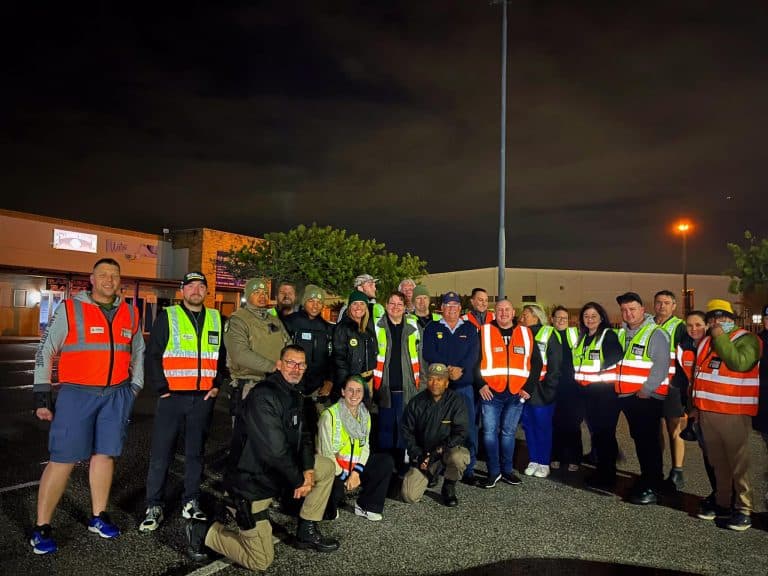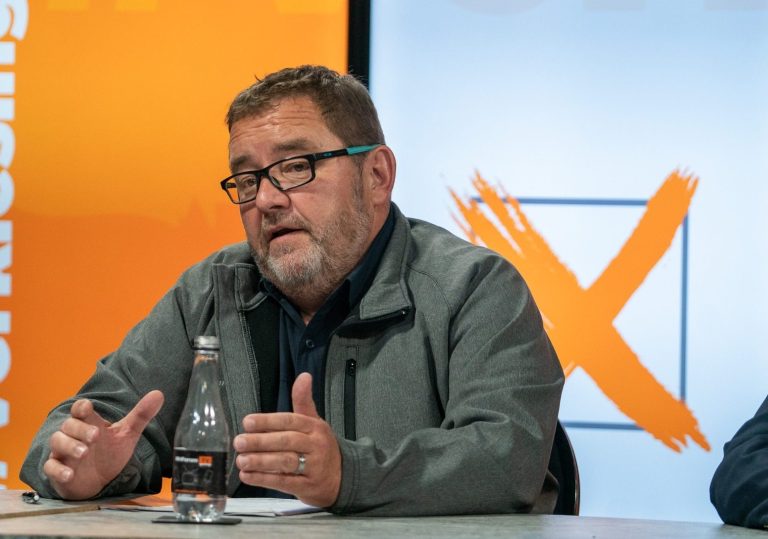AfriForum offers help to Rand Water to avert “Day Zero”, but…
More than a week ago, AfriForum reached out to Rand Water and offered expertise, manpower and the cooperation of communities throughout Gauteng in an attempt to avert the impending “Day Zero” that hangs over the heads of residents in this province again. This offer as well as the civil rights organisation’s request for a place on the Platform for a Water Secure Gauteng (PWSG) which must bring together role-players in the private, public and civil society in the efforts to improve water security, has so far been met with silence.
This, while the Minister of Water and Sanitation (DWS), Pemmy Majodina, warned yesterday that Gauteng’s taps could soon dry up if drastic action is not taken, AfriForum believes, indicates that Rand Water and the Gauteng Provincial Government are not serious to find solutions to this crisis.
AfriForum has extensive experience in sustainable, community-driven solutions for service delivery, especially concerning water security. The organisation’s branches nationwide have assisted several municipalities by, among other things, identifying and repairing leaks and restoring water infrastructure according to prescribed standards.
However, the organisation emphasises that poor management at the municipal level is the big thorn in the end consumer’s flesh as municipalities do not repair leaks for even weeks. The result of this is that the province is currently facing level 1 water restrictions where the end user is fined when too much water is used, while thousands of litres of water are wasted due to leaks.
In response to claims by Rand Water, that the current water storage levels in Gauteng are low due to extremely high extraction levels by municipalities, AfriForum’s advisor for Environmental Affairs, Marais de Vaal, maintains that Rand Water is overlooking the real problem.
“In addition to the fact that Rand Water has already allowed for population growth in its projections, the current demand for water is not due to more people using larger amounts of water. Rather, it is due to the large amounts of leaks that are left for weeks and even months without any attempt to repair them,” says De Vaal.
DWS yesterday ordered Gauteng municipalities to pay urgent attention to, among other things, leaks and illegal connections.
De Vaal emphasises that although the implementation of these recommendations is ideal, many experts, including AfriForum itself, have also already made these recommendations, but that municipal mismanagement builds on their failed strategy and therefore cannot succeed in solving the water problems at the municipal level. “Actual intervention and access for civil society organisations to contribute to the solution is now essential. The hourglass is running out and the continued refusal to accept civil society’s offer of help, apparently for political reasons, will not benefit anyone in Gauteng,” De Vaal believes.
AfriForum is finalizing its annual Blue and Green Drop report for publication before the end of the year. This year’s report will, among other things, shed further light on the extent of the crisis regarding the supply of safe drinking water in South Africa.











